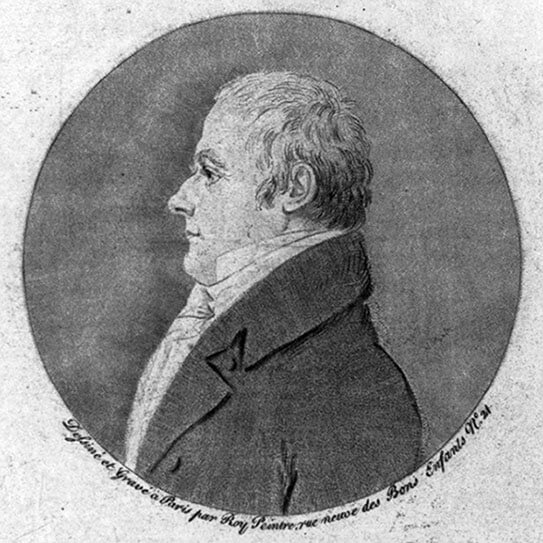A Brief History of False Teeth

AN ESTIMATED 23 MILLION Americans have none of their teeth left, and another 12 million are missing all the teeth of one arch. As dental health professionals, we do our part to help those numbers go down, but that’s still quite a few people who need replacement teeth. There’s a long and fascinating history that got false teeth to where they are today.
Ancient False Teeth
False teeth have been a solution for tooth loss since at least 2500 B.C. The oldest examples we know of were discovered in Mexico and made of wolf teeth. Nearly two thousand years later, the ancient Etruscans were using gold wire or bands to attach human or animal teeth to a person’s remaining teeth, and the tomb of El Gigel in Egypt contained two false teeth made of bone and wrapped in gold wire.
The Last Few Centuries of Dentures
Bringing things into the modern age, the Japanese began using wood as a material for false teeth in the 1500s, but carved ivory became a popular material by the 1700s. Ivory turners, goldsmiths, and barber-surgeons would craft dentures out of ivory, human teeth, and animal teeth.
Guess Who Didn’t Have Wooden Dentures?
Even though wood was used as a denture material in some places, George Washington’s mouth was not one of them. Thanks to a combination of a poorly balanced diet and (likely) genetics, Washington suffered a lifetime of dental problems, losing a tooth a year starting in his twenties. By the time he was inaugurated, he only had one tooth left!
Washington’s dentist, Dr. John Greenwood, made several sets of dentures for the first president, and they were pretty advanced for the time. He made them out of hippo ivory, gold springs, and brass screws attached to human teeth. As good as Greenwood was at his job, Washington still experienced a lot of pain with them and was very insecure about the way they made his face look.
A cool detail about Dr. Greenwood is that, where most of his contemporaries probably would’ve pulled Washington’s remaining tooth, he carefully crafted the dentures to accommodate it, for he believed that a dentist should “never extract a tooth…[when] there is a possibility of saving it.” Greenwood would be in good company today!
False Teeth Today
Here in the 21st century, patients have far better options than George Washington did. Modern dentures are usually made of acrylic resin or plastic, and sometimes porcelain. They are available as partial dentures or full sets, and they can be removable or anchored in place by implants. Implants can also serve as anchors for orthodontic treatment.
Patients can even have each missing tooth replaced by an individual implant, though this is a very expensive option. Better yet, more and more teeth can be saved through root canal treatment, meaning that a replacement tooth isn’t needed at all!
Good Strategies for Keeping Our Teeth
As far as false teeth have come over the course of history, we’d all prefer to keep our teeth and keep them healthy. Going to our regular dental appointments, avoiding sugary foods and drinks, and maintaining good daily dental hygiene routines are all essential components of keeping our teeth healthy and strong for life!
We love our patients’ healthy smiles!
Top image used under CC0 Public Domain license. Image cropped and modified from original.
The content on this blog is not intended to be a substitute for professional medical advice, diagnosis, or treatment. Always seek the advice of qualified health providers with questions you may have regarding medical conditions.
The post A Brief History of False Teeth appeared first on Dental Partners of Vero Beach.
